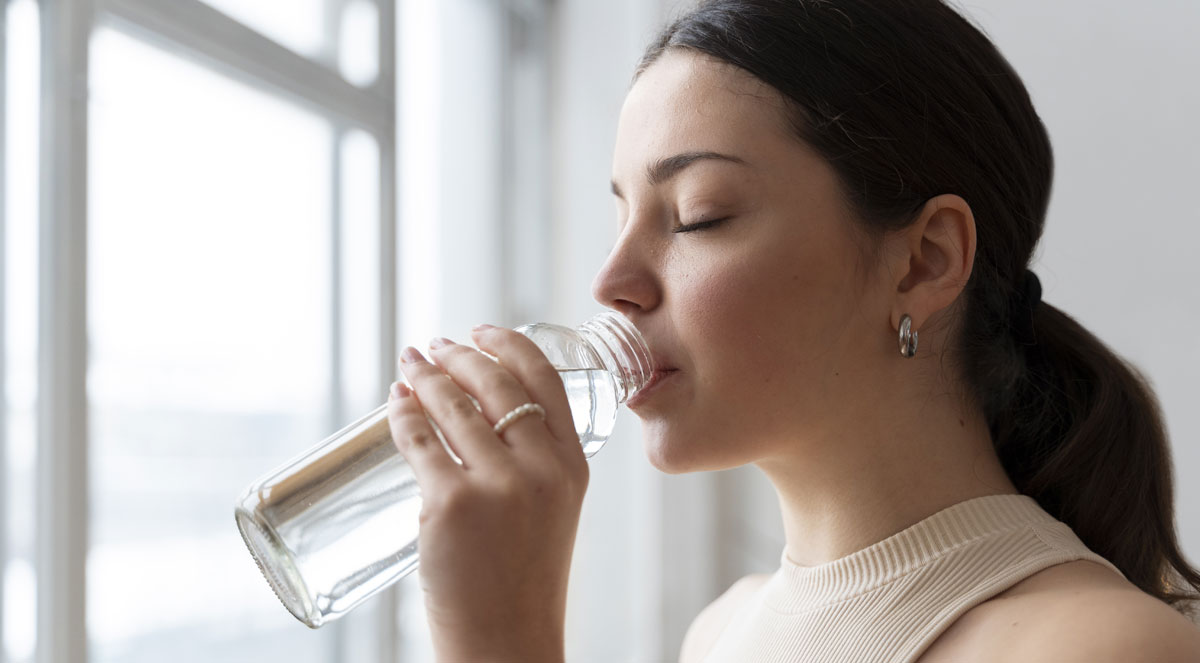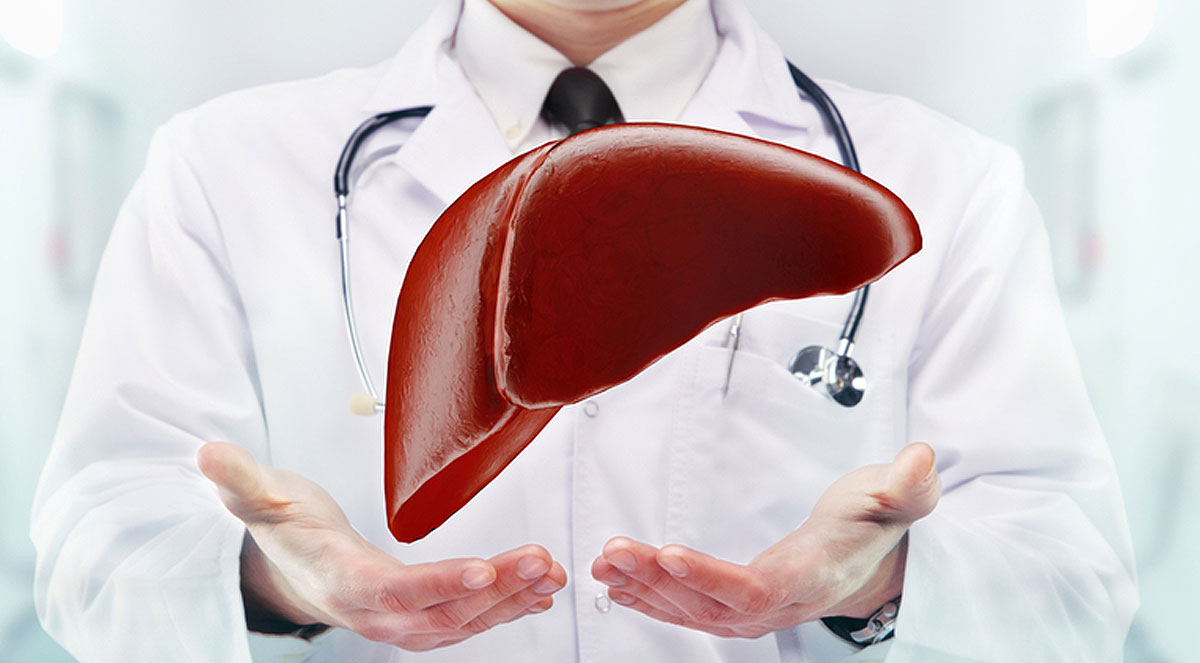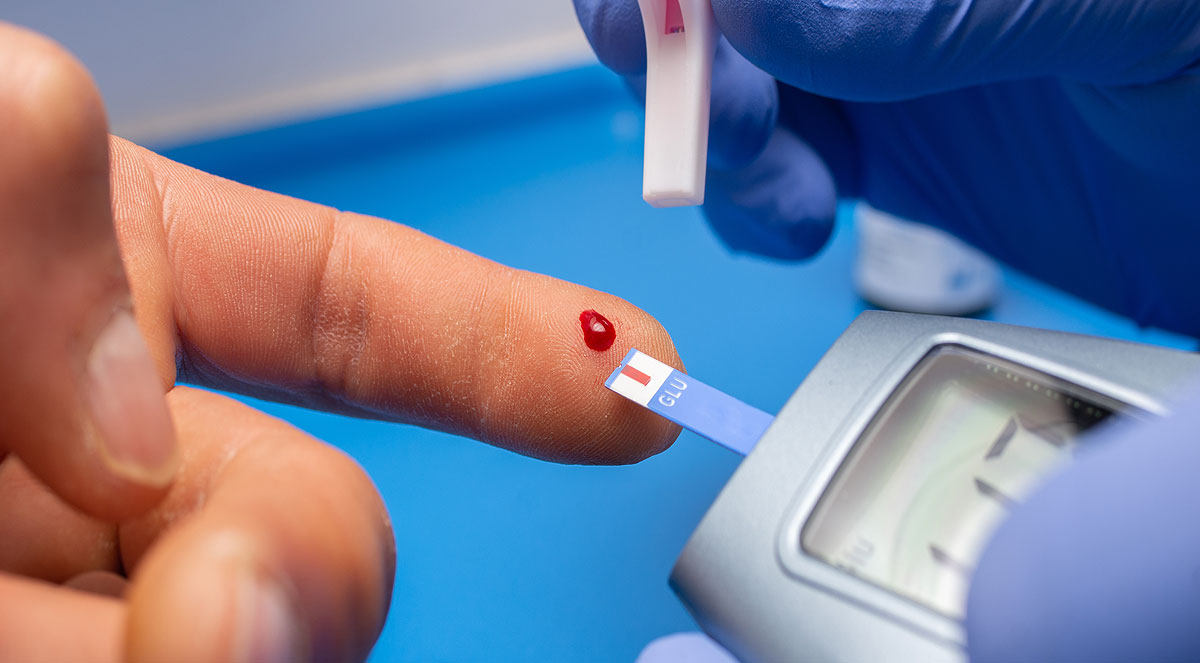Water is often called the elixir of life, and for good reason. It plays a crucial role in nearly every bodily function, from maintaining temperature and transporting nutrients to keeping our cells healthy. Despite its importance, there’s a lot of confusion about how much water we should actually be drinking each day. So, let’s explore this in more detail.
Daily Water Intake: The Basics
The general rule of thumb most people have heard is to drink eight 8-ounce glasses of water a day, often referred to as the “8×8 rule.” This is roughly equivalent to about 2 liters, or half a gallon. However, this guideline is more of a starting point than a one-size-fits-all recommendation.
The amount of water a person needs can vary based on several factors, including age, gender, weight, climate, and activity level. For instance, athletes or people living in hot climates might need more water than those with a more sedentary lifestyle or living in cooler areas.
Individual Needs
Body Weight: Larger individuals need more water. A more precise method is to drink half your body weight in ounces. For example, a person weighing 160 pounds should aim for about 80 ounces (2.4 liters) of water per day.
Activity Level: Physical activity increases water loss through sweat, so active people need to drink more. This could mean an additional 1.5 to 2.5 cups (0.4 to 0.6 liters) of water for short exercises and even more for prolonged activities.
Climate: Hot or humid environments can make you sweat more, necessitating a higher water intake to stay hydrated. Similarly, high altitudes can increase urination and more rapid breathing, both of which deplete water stores.
Health Status: Certain health conditions like fever, diarrhea, or infections can increase your need for fluids. Pregnant or breastfeeding women also require more water to stay hydrated.
The Role of Water in the Body
Water is involved in countless bodily functions, making adequate hydration vital for health and well-being.
Cellular Functions: Water is a key component of cells, helping to maintain their structure and function. It acts as a medium for biochemical reactions, which are necessary for cell survival and energy production.
Temperature Regulation: Through sweating and respiration, water helps regulate the body’s temperature. This is crucial, especially during exercise or in hot climates, to prevent overheating.
Nutrient Transport: Blood, which is about 90% water, transports oxygen and essential nutrients to cells throughout the body and removes waste products.
Joint Lubrication and Cushioning: Water is a primary component of synovial fluid, which lubricates and cushions joints, reducing friction and wear.
Digestion and Waste Removal: Water aids digestion by helping to dissolve nutrients and move them through the digestive tract. It also prevents constipation by softening stools and facilitates the elimination of waste through urine.
Signs of Dehydration
Dehydration occurs when the body loses more water than it takes in. This can lead to a variety of symptoms, ranging from mild to severe:
- Mild Dehydration: Thirst, dry mouth, fatigue, and lightheadedness.
- Moderate Dehydration: Reduced urine output, darker urine, dry skin, headache, and muscle cramps.
- Severe Dehydration: Rapid heart rate, low blood pressure, confusion, and unconsciousness. This is a medical emergency and requires immediate attention.
Tips for Staying Hydrated
To ensure you’re getting enough water, consider these practical tips:
- Carry a Water Bottle: Keep a reusable water bottle with you throughout the day. This makes it easier to remember to drink.
- Eat Water-Rich Foods: Many fruits and vegetables have high water content. Watermelon, cucumber, and oranges are great options.
- Set Reminders: Use your phone or a hydration app to remind you to drink water regularly.
- Monitor Urine Color: Pale yellow urine usually indicates adequate hydration, while darker urine suggests you need more fluids.
Conclusion
Staying properly hydrated is essential for maintaining overall health and well-being. While the “8×8 rule” is a good starting point, it’s important to consider individual factors such as body weight, activity level, and climate to determine your specific hydration needs. By paying attention to your body’s signals and adopting healthy hydration habits, you can ensure that you’re giving your body the water it needs to function optimally.
Remember, water is life – so drink up and stay hydrated!














